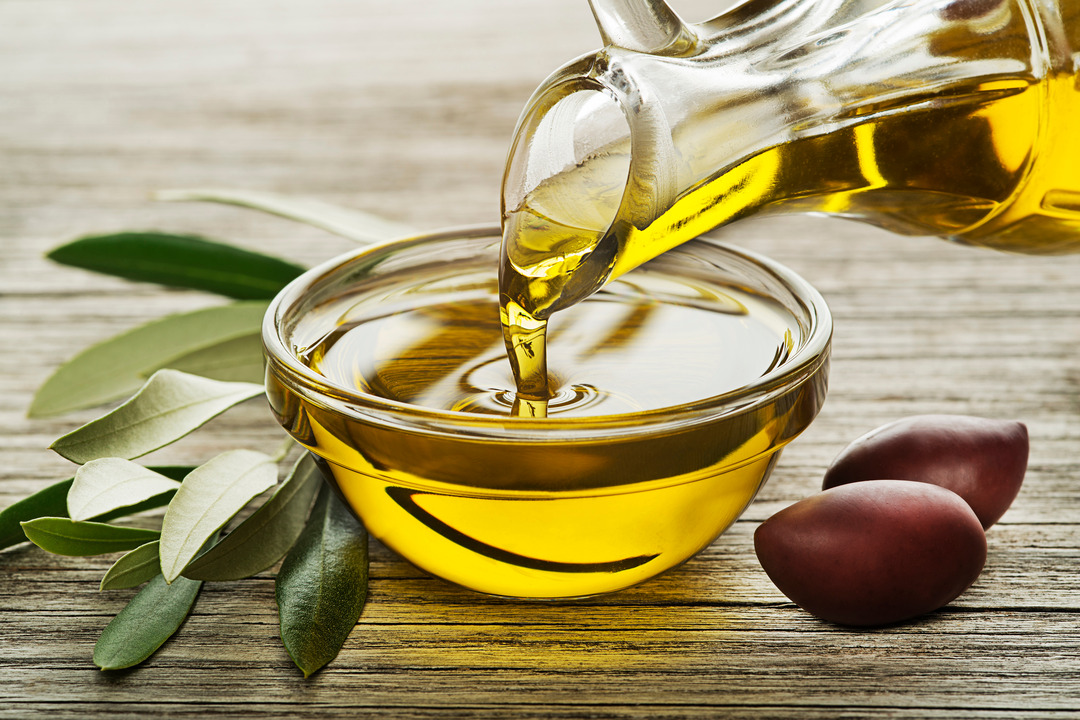KAUST scientists unmask olive oil fraud

This year, the European Union reported a record high for olive oil fraud and mislabeling. Such adulteration jeopardizes the olive oil industry, as it creates doubt in consumers who can no longer be sure of the quality of their purchase. To solve this problem, the Saudi Food and Drug Authority (SFDA) and the King Abdullah University of Science and Technology (KAUST) have teamed up to create a new method that can identify and quantify the adulterants in olive oil. The method, which can be read in Food Control, is based on nuclear magnetic resonance (NMR), offers assurance that olive oil at the supermarket is indeed what the label claims.
The global olive oil market was estimated to be worth over $14 billion last year, a value that is expected to exceed $20 billion in 10 years. As one of the largest importers of olive oil in the world, Saudi Arabia is a major consumer. However, there are growing concerns that extra virgin and virgin olive oils are being adulterated with other vegetable oils. This allows producers to sell inferior products at lower prices while misleading consumers into believing they are purchasing high-quality olive oil.
As part of its mandate, the SFDA is dedicated to ensuring food safety for the Saudi public. It has thus been investigating new analytical methods to evaluate olive oil and has selected KAUST as an invaluable partner in this endeavor.
“KAUST was chosen due to their expertise in advanced analytical techniques, specifically high-resolution NMR spectroscopy combined with multivariate data analysis, which enhances the detection capabilities for identifying various vegetable oils mixed with olive oil,” explained Dr. Hibah Alharbi, scientist at the SFDA’s Reference Laboratories and initiator of the collaboration with KAUST.
“The collaboration between the SFDA and KAUST enhances knowledge transfer between the two organizations and aims to improve food quality and safety,” she continued, “This partnership is dedicated to maintaining the health and safety of citizens and promoting public health by establishing the highest standards for food quality and safety through the development of tests and analytical capabilities for laboratories.”
“The joint project, titled ‘The Detection of Adulteration of Olive Oil with Various Vegetable Oils,’ reflects the SFDA's commitment to strengthen the food quality and safety standards in the Kingdom Saudi Arabia. This research partnership was carried out between the Reference Laboratories, represented by the Food Chemistry Reference Laboratory, in cooperation with KAUST.”
KAUST houses the most comprehensive suite of NMR machines in the Kingdom. These machines are massive and require enormous investment and maintenance, a commitment almost no other university is willing to make. Thus, KAUST is the ideal partner for any project that needs to research, for example, individual molecules in a chemical sample for a study on drug design, in a water sample for a study on pollutants, and in a food sample in a study on purity.
NMR machines operate by creating magnetic fields. Using these fields and common multivariate statistical techniques, Dr. Alharbi and her KAUST colleagues: Abdul-Hamid Emwas, Mariusz Jaremko, Jordan Kahfi and Ayindrila Dutta were able to measure each adulterant and its amount in samples of olive oil. The strength of the magnetic field gave extraordinary resolution so that normally undetectable levels of adulterants were discovered.
Besides its extraordinary accuracy, NMR has other advantages for the study of olive oil. First, the samples are easy to prepare, saving much time and labor and therefore cost compared with standard analytical instruments used by industry. Second, the sample is not destroyed, which benefits efforts to standardize olive oil quality.
The two organizations are considering expanding the project to detect microplastics and other contaminants in edible oils.
“We share our NMR facilities with organizations across the country that are studying priorities of the Kingdom. Our work with the SFDA is an excellent example of how we can improve food quality and the overall health of the Kingdom’s people,” said Emwas, a staff scientist at KAUST specializing in NMR.

